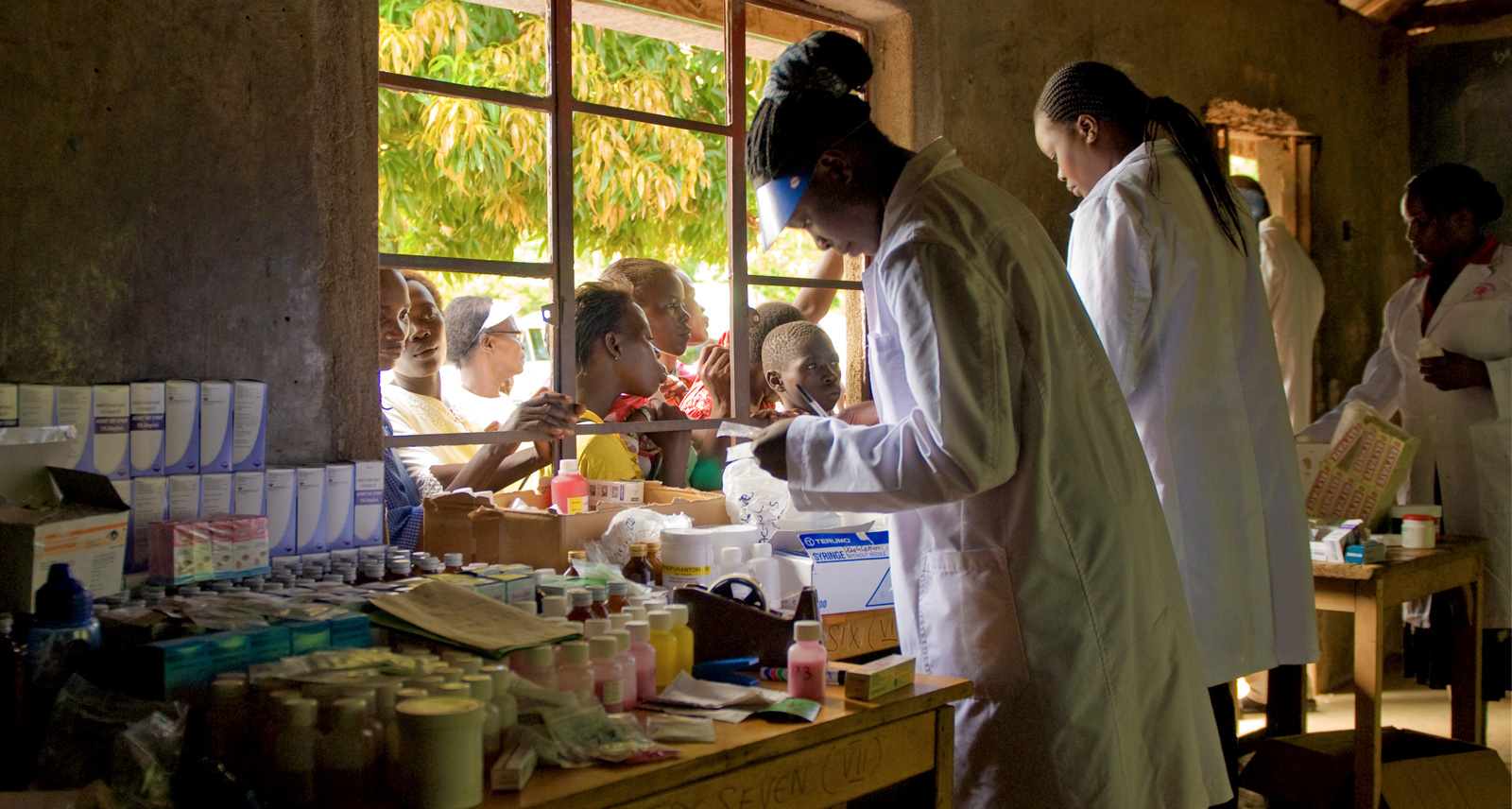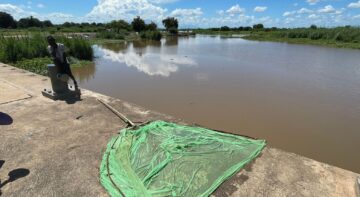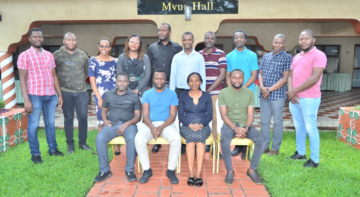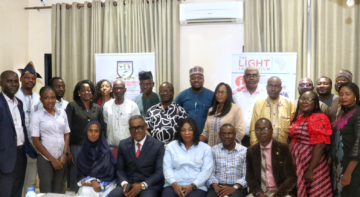Blogs

Antimicrobial resistance (AMR) and sepsis continue to threaten the effective prevention and treatment of infections, causing death. Sepsis arises when the body’s response to an infection injures its own tissues and organs, potentially leading to death or significant ill-health. While AMR happens when microorganisms (such as bacteria, fungi, viruses, and parasites) change when exposed to drugs designed to fight them (such as antibiotics, antifungals, antivirals, antimalarials, and antihelminthics). In low and medium-income countries (LMICs), these health issues are often neglected, in favour of HIV/AIDS, Tuberculosis and malaria as the more urgent priorities.
AFIDEP, through the Drivers of Resistance in Uganda and Malawi (DRUM) consortium and the African Research Collaboration on Sepsis (ARCS) project, is at the forefront of contributing to evidence in preventing sepsis and the spread of AMR. DRUM seeks to transform understanding of the drivers of AMR as well as design interventions to reduce AMR spread in Uganda and Malawi; while ARCS aims to improve the survival and quality of life of sepsis patients using relevant innovations at the individual and health system level, through multidisciplinary applied health research. As part of creating awareness on these conditions, AFIDEP held interviews with Timveni Radio and Television discussing the issues surrounding AMR and sepsis in Malawi. For a wider reach, the interviews were held in the national language, Chichewa, to make the information more accessible to communities and policymakers.
Video
AFIDEP Research and Policy Associate, Levi Kalitsilo explained that Sepsis arises from any infectious disease-causing agents acquired in either health care facilities or the community while AMR occurs when microorganisms become resistant to antibiotics. It is estimated that sepsis affects more than 30 million people worldwide annually, potentially leading to 6 million deaths. This led to the WHO making it a global health priority in May 2017. AMR is estimated to be responsible for over 700,000 deaths per year. Current projections estimate that by the year 2050, AMR will claim over 10 million lives annually and will cost over US$ 10 trillion per year to manage it. The WHO states that 30% of deaths arising from sepsis in newly born babies are due to disease-causing agents that developed resistance (AMR).
Sepsis and AMR
The risk of sepsis is higher in elderly people, pregnant women, newly born babies, hospitalised patients, and people with underlying conditions such as HIV/AIDS, liver cirrhosis, cancer, kidney disease and those without their spleen. With AMR, we are all at risk through inappropriate use of antibiotics to cure some of the infections we suffer from and at times from the food products we consume. The risk is particularly high in low and middle-income countries (LMICs) due to under-resourced health systems, and lack of formal surveillance to quantify the problems.
AMR causes antibiotics to become less effective in curing infections. This results in an increase in the number of deaths and prolongs the infection period of many illnesses including sepsis. Consequently, this increases the cost of delivering care, and slow efforts towards the achievement of Sustainable Development Goals (SDGs) 3, specifically targets 3.1 and 3.2. Target 3.1 strives to reduce the ratio of global deaths of pregnant women to less than 70 per 100 000 live births by 2030. And target 3.2 aims at ending preventable deaths of newborns and children under 5 years of age by 2030.
According to WHO, in preventing AMR transmission and infections that could cause sepsis, appropriate water, sanitation and hygiene (WASH) practices in homes and health facilities are central. These practices include: washing hands regularly with water and soap; preparing foods safely; treating drinking water; ensuring the availability of potable water for sanitation and food preparation both in the communities and health care facilities; as well as sterilising medical materials in health facilities. Early identification and optimal use of antibiotics in the treatment of sepsis is also critical. Further, people are encouraged to strictly use antibiotics as prescribed by physicians. Authorities in the Ministry of Agriculture and the Department of Environmental Affairs are encouraged to monitor and regulate the use of antibiotics in livestock production.
The interview concluded with the following call to action:
- The Ministry of Health must declare sepsis a national health and research priority as recommended by the WHO in May 2017. This should give the appropriate attention needed to pertinent issues such as the collection and storage of data on infection and sepsis-related deaths. This information can be used as a measure of performance and quality indicators for health facilities and the efficiency of the Malawi health system. Fund the operationalisation of the published 2018 National Action Plan on AMR.
- Hospitals must develop, resource, implement and publish cost-effective AMR and sepsis improvement projects. Supporting collaboration on AMR and sepsis efforts in promoting the integration of AMR into priority disease/health issue areas (eg. Malaria, TB, Sepsis). This will ensure that AMR does not negatively affect disease management (whether sepsis, TB, Malaria etc).
- There must be increased discourse to put AMR and sepsis on the national health agenda, drawing researchers’ attention to the issue and bringing together cross-sectoral stakeholder action in avoiding duplication of efforts and maximising impact.
- There is a need for more research on AMR and sepsis so that the problems are well understood and managed.
- All stakeholders including health workers and the communities must be reached more effectively with AMR and sepsis awareness.
ARCS is a Global Health Research Group awarded by the National Institute for Health Research (NIHR grant reference number 17/63/42) and led by the Liverpool School of Tropical Medicine (LSTM). This blog presents independent research funded by the NIHR. The views expressed are those of the author and not necessarily those of the NHS, the NIHR or the Department of Health and Social Care.
The Drivers of Resistance in Uganda and Malawi DRUM) consortium is a project awarded by the UK Research and Innovation (UKRI) and Department of Health and Social Care (DHSC) and is managed by Medical Research Council (MRC). The views expressed are those of the author(s) and not necessarily those of the UKRI, DHSC or MRC.
Related Posts





